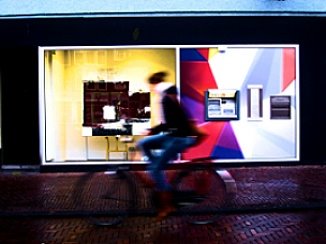A reflective view about the financial crisis sweeping the western world throughout 2011.
Don’t
blame us for the crisis say the Wall Street elites. We only follow fundamentals
and the money.
But
as much these modern highwaymen utilise rampant capitalism to their gain the
more they shed light on their rise as a financial mafia style phenomenon.
The crisis is
revealing the existence of a beast allowed to grow unchecked over past decades and
which is producing a deep sense of despair in our society. This despair has
been articulated by the lack of serious control over these financial markets and
the fact that the well-being of entire countries and their citizens comes down
to a betting system.
How did it ever
get to a situation where a small group of financial entrepreneurs acquired so
much power and wealth. How did they gained influence over the lives of millions
without ever winning a single vote.
For
some time, investment bankers have believed
that they and not politicians, are better leaders for our society.
At
the infamous June 5, 1991,
Bilderberger meeting in Baden Baden, Germany, David Rockefeller said in a speech:
‘We are grateful to The Washington Post,
The New York Times, Time Magazine, and other great publications whose directors
have attended our meetings and respected their promises of discretion for
almost forty years. It would have been impossible for us to develop our
plan for the world if we had been subject to the lights of publicity during
those years. ... The supranational sovereignty of an intellectual
elite and world bankers is surely preferable to the national
auto-determination practiced in past centuries.”
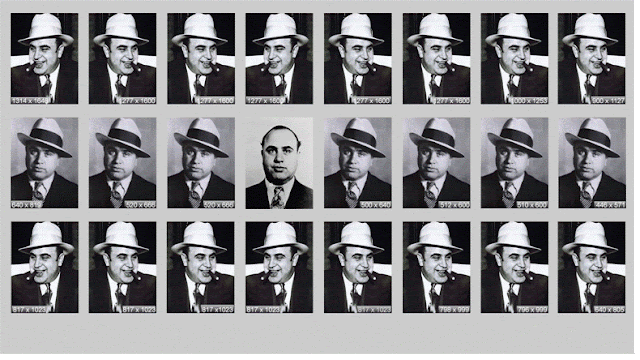 |
| Al Capone gives up his throne as the greatest of them all to a new breed of smart Banksters. |
Back in the good
old days if you can remember that far back, local banking was about growing
locals to flourish financially and socially. Not anymore. The primary function
of today’s financial markets is to provide the rich with ways to get richer.
A sinister fringe
event is simultaneously diluting democracy to the political sidelines. In fact some now see this market force as a
direct challenge to existentialist freedom.
Since establishing the Chicago futures market
in 1972 Wall Street has under gone a series of evolutionary steps to secure its
independence from regulators and the prying eyes of public servants charged
with protecting the interests of society at large.
Using money and
the usual favours, the financial Dons of Wall Street were able to manipulate
those in Washington to either look the other way or pass bills giving advantage
to themselves. The Market grew throughout the 1970’s and 80’s. The effects of the
Big Bang deregulation in 1986 were dramatic. It decisively strengthened financial
capitals to reach the point where they are today.
Over this time
period financial supervision was virtually
eliminated. Political failure to control it had unleashed a destructive force on society. By 1999 the
task for power was nearly complete. Under President Clinton a law dictating strict
separation between commercial and investment banks was repealed. This major
barrier once removed, enabled institutions to grow into financial giants. Many
banks became so large and powerful that they became too big to fail. Vast sums
of virtual money amounting up to $60 Trillion were being traded on the market.
The rule became simple:
The markets demanded
More.
Those who do not meet their expectations are punished with declines in the
price of their stock and higher borrowing costs. Bankers got paid immense bonuses
during the good times while in crisis they got bailed out by the tax payer. Other
companies are forced to keep wages down
and their workforces at a minimum.
In 2004 five Wall
Street investment bankers won a ruling
which required them to keep less of their own capital in reserve to offset risks.
It was a classic coup de grace. From that moment on they were able to expand their businesses unchecked.
Banks and brokerage firms were swallowed
up in the process as the biggest players set the tone. Hedge funds and private equity firms became known
as the Shadow Banks.
Large numbers of
financial players went to Washington directly from this Wall Street club. Former Goldman Sachs CEO Henry Paulson became
treasury secretary under then President George W. Bush in 2006.
When the crash
came in 2008, Paulson oversaw the biggest bailout to his old cronies in the
history of corporate America. An economist described the direct involvement of
these financial players in the inner workings of the American government as a "quiet
coup."
Life grew to be
grand for the City Boys Gang living in the lap of luxury while whole sections
of society faced social unrest coupled alongside decades of financial austerity.
And they, (Banksters) can't believe that
their luck that the industry is still getting away with a system which allows
investors to bet on the bankruptcies of entire countries.
Their arrogance
and disrespect for the poor and the protester was openly displayed by members
of the industry when they flicked champagne over an Occupy Wall Street
demonstration as it passed below their balconies.
"This type of
crisis cannot be allowed to repeat itself in the foreseeable future,"
Merkel said, "otherwise it will be extremely difficult to guarantee
political stability, and not only in Germany." This is the real challenge.
However it is
known the industry is opposed to reform.
For the financial
industry, new regulations are often little more than a sporting challenge
to circumvent rules. In their
confrontation with politicians and regulatory agencies, banks and hedge funds
have a clear advantage: They hire the brightest minds and pay them millions to
find new tricks. The public-sector regulators can hardly compete which is why
people who have been involved in the financial world for decades assumes they
will strike again.......
We shall see.........

















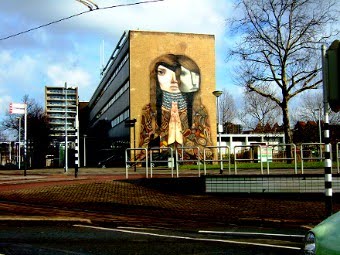
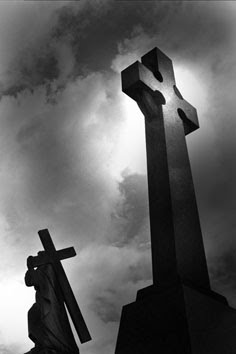


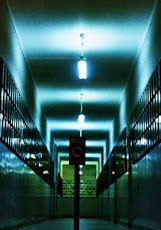.jpg)

